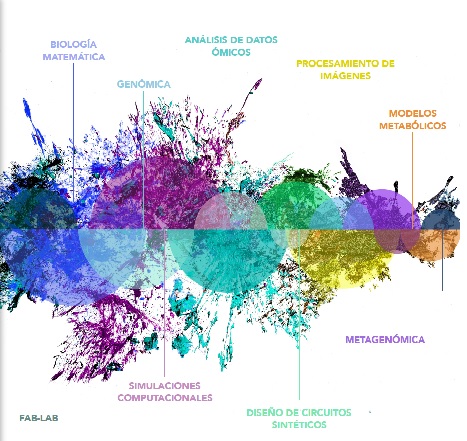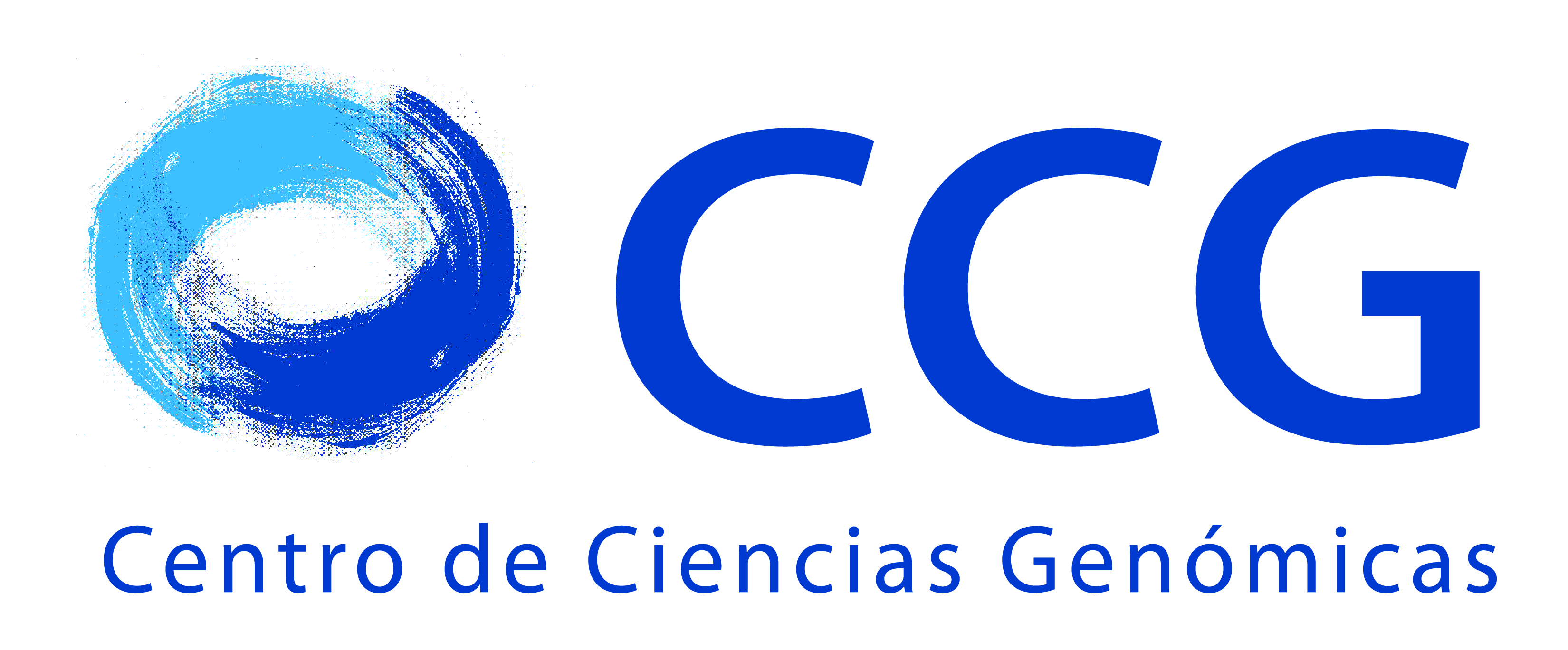Evolutionary Genomics Research Program
Research interest: Bacterial genomics and evolution.
Program Overview
The aim of the Evolutionary Genomics Program (EGP) is to contribute to understand the molecular evolutionary process that led to the symbiosis. It is also interested in the mechanisms of replication and incompatibility mong the plasmids of Rhizobium, and to know the mechanisms of gene expression of Rhizobium in a variety of conditions. Our model system is the symbiosis between Rhizobium etli and the common bean (Phaseolus vulgaris). We use distinct approaches, from the DNA sequence to the bioinformatics analysis, and from the genetics to the molecular biology, in the context of the theory of evolution. The EGP has the most important infrastructure in DNA sequencing in the UNAM.
The EGP is pioneer in Mexico in the field of DNA sequencing and analysis since its foundation in 1992. The laboratory has produced the first complete genome sequence of a bacterial organism, R. etli, done by Mexican researchers.
Current and future major research directions and questions.
Presently, there are three main research lines:
- R. etli microevolution and P. vulgaris diversity (Guillermo Dávila, PhD, Victor González, PhD).
- Molecular analysis of R. etli replication systems (Miguel Angel Cevallos, PhD).
- Functional characterization of sigma factors and regulators in Rhizobium (Miguel Angel Ramírez-Romero, PhD).
This program gives support in sequence and genome analysis to laboratories of the CCG and other institutions. Actually, researchers and technicians of the EGP are participating in developing infrastructure for analysis of the human genome.
Current research of the program is centered in the biological system of common bean ( Phaseolus vulgaris ) that establishes symbiosis with Rhizobium etli and R. tropici .Common bean is the most important legume for human consumption in the world, it is highly produced in Mexico and it is the main source of protein in human diet. Research is focused in functional genomics of nodulation/symbiotic nitrogen fixation and responses to abiotic stresses. This research line is performed with the frame of the international consortium for Phaseolus genomics: "Phaseomics", which has been co-coordinated by scientists of this program.
| Researcher(s): | Dr. Miguel Ángel Cevallos, Dr. Victor Manuel González Zuñiga |
| Academic Technician(s): | Quím. Virginia Patricia Bustos Arcos, M. en C. Rosa Santamaria, M. en B. Angeles Pérez Oseguera |
| Administrative Assistant(s): | María Araceli Yolanda Sánchez Soto |
| General Service Assistant(s): | María Guadalupe Figueroa Sámano |
| : | Pas. Ing. José Espíritu Salazar, Dr. Julio Augusto Freyre González, M. en C. Luis Fernando Lozano Aguirre, Dra. Irma Martínez Flores, Lic. Teresa Romero Gutiérrez |









